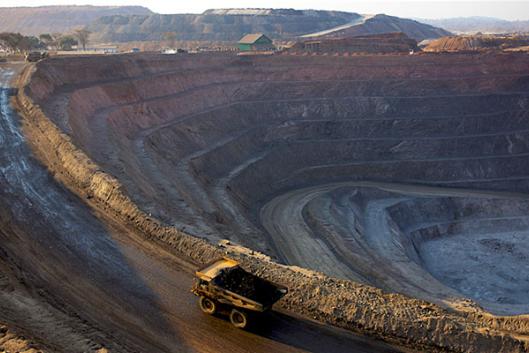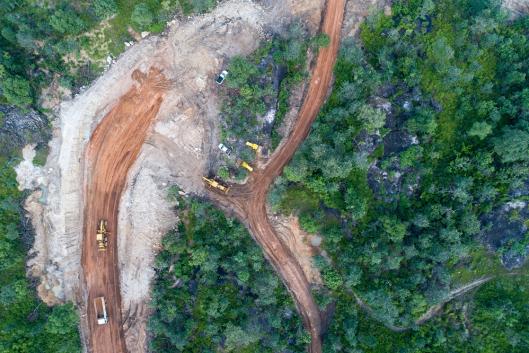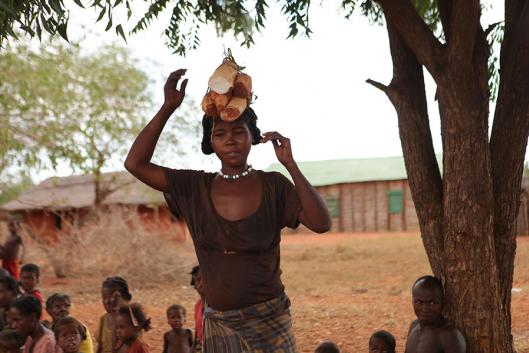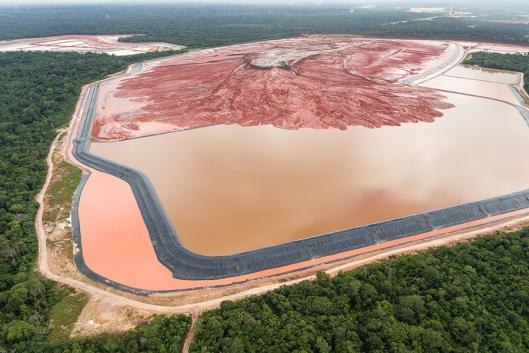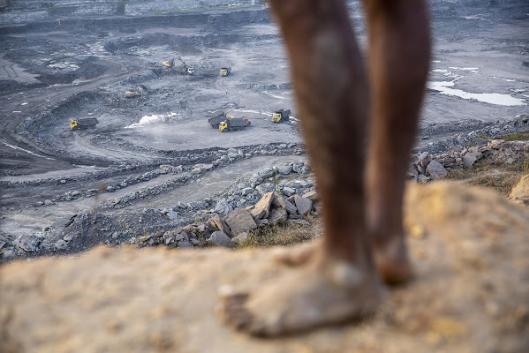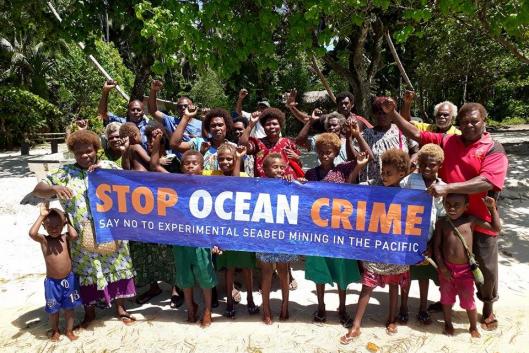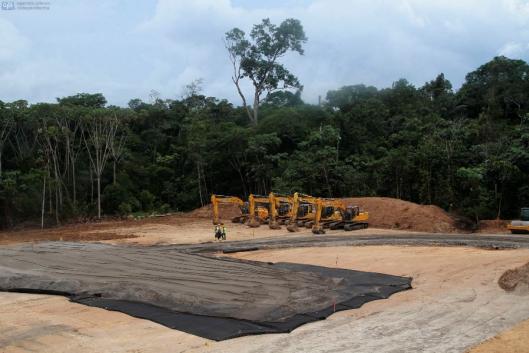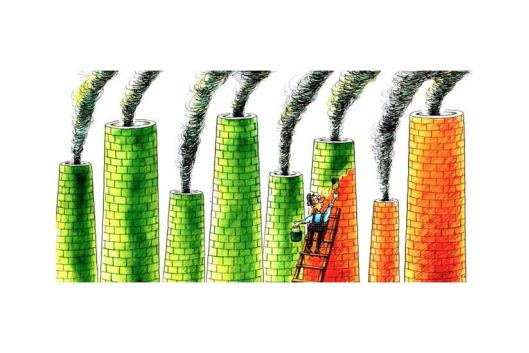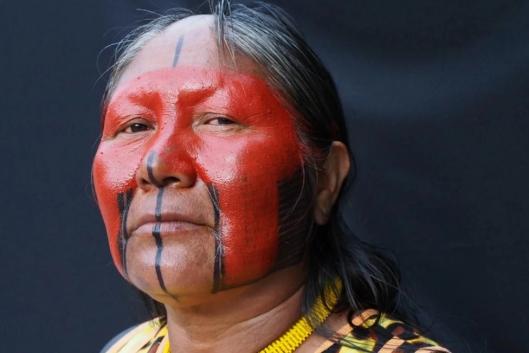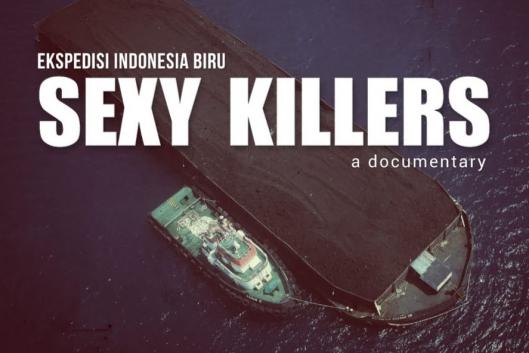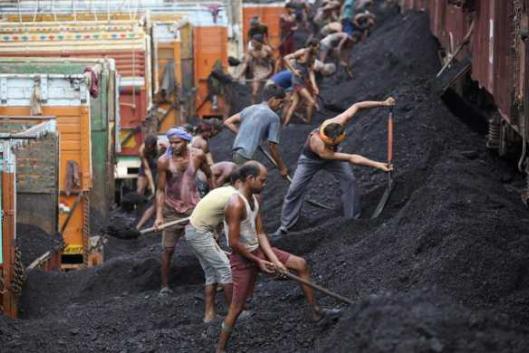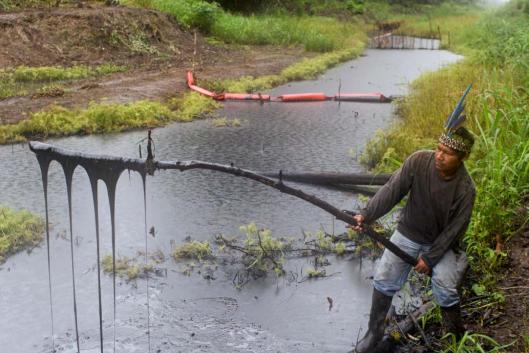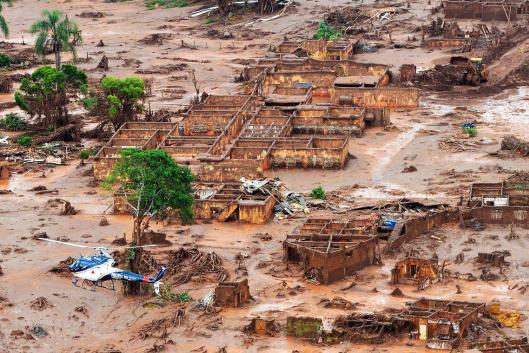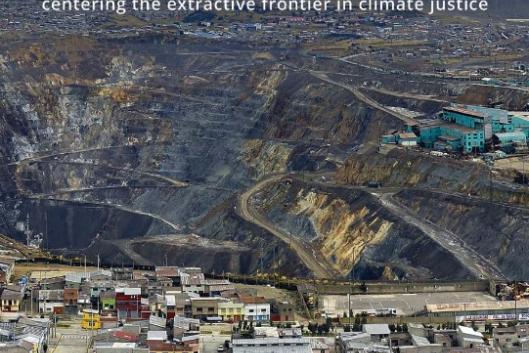Bulletin 246 - Oct / Nov 2019
A Mineral-Intensive "Green" Energy Transition: Deforestation and Injustice in the Global South
This Bulletin articles are written by the following organizations and individuals: Research and support centre for development alternatives - Indic Ocean (Centre de Recherches et d’Appui pour les Alternatives de Développement- Océan Indien - CRAAD-OI), Madagascar; Study Group on Society, Territory and Resistance in the Amazon (Grupo de Estudo Sociedade, Território e Resistência na Amazônia, GESTERRA), Federal University of Pará, Brazil; All India Forum of Forest Movements (AIFFM), India; The Pacific Network on Globalisation (PANG), Pacific Islands; Acción Ecológica, Ecuador, member of the Oilwatch network; Rainforest Rescue and the Yes to Life No To Mining network (YLNM); and members of the WRM international secretariat.
WRM Bulletin
246
Oct / Nov 2019
OUR VIEWPOINT
-
25 November 2019This bulletin highlights threats involved in the so-called “energy transition,” and exposes its dirty secret of exponential expansion of mining in the global South as a consequence of the massive demand for “green” energy.
A MINERAL-INTENSIVE "GREEN" ENERGY TRANSITION: DEFORESTATION AND INJUSTICE IN THE GLOBAL SOUTH
-
25 November 2019An oxymoron describes "a statement that seems to say two opposite things." The World Bank has a lot of experience with oxymoronic initiatives.
-
25 November 2019Australian company Base Resources was allowed to destroy the Mikea Forest as long as it established an offset project, which, in turn, would impose far-reaching restrictions on communities to access their land and forests.
-
25 November 2019The growth of mineral extraction and metallurgical production, along with the consequent proliferation of toxic waste tailings dams, has occurred at the same rate as the emptying and bursting of tailings dams in several parts of the world.
-
25 November 2019The money that the Indian Government collects from companies destroying forests, such as mining companies, is being used to harass, persecute and evict people from the so-called Protected Areas, such as the Tiger Reserves, National Parks and Wild Life Sanctuaries.
-
25 November 2019Governments and transnational corporations backed up by multilateral financial institutions, together with Pacific Island nations, are racing to divide up the ocean under the narratives of so-called sustainable Blue Economy and Blue Growth, to justify its exploitation.
-
25 November 2019Oil is a driving force behind climate change, the globalized unequal trade and the new landscapes of colonization. Yet, oil frontiers have multiplied and economies remain deeply petroleum-dependent, albeit concealed behind a “green” cloak.
-
25 November 2019The European Union’s policy pursues growth at any price. “Green” technologies require an increasing amount and variety of metals and minerals. Millions of public funds flow every year from the European Investment Bank to mining projects—under the cloak of “development.”
RECOMMENDED
-
25 November 2019CUIDANDERAS is a mini-series from the Urgent Action Fund for Latin America and the Caribbean (UAF-LAC). It presents stories of Latin American women defenders who are committed to caring for their territories, healing their bodies, and confronting extractive and racist models. One video shows how the Waorani women - from the province of Orellana, Ecuador - have been fighting to protect their territory in the Amazon and preserve their indigenous culture. For over 60 years, they have been resisting the threats of a petroleum industry that jeopardizes their way of life.
-
25 November 2019Directed by Dandhy Dwi Laksono and Ucok Suparta, “Sexy Killers” is a 2019 Indonesian documentary film that portrays the coal mining industry and its relations with the Indonesian political establishment. The documentary also shows how mining companies, backed by the local and national governments, often seize people’s lands and raze forests in their pursuit of more coal.
-
25 November 2019Published by Market Forces and 350.org, and co-published by Bangladesh Poribesh Andolan (BAPA), Transparency International Bangladesh (TIB) and Waterkeepers Bangladesh, this new publication exposes foreign-led finance as the driving force behind plans for 29 coal-fired power stations, an expansion that has seen Bangladesh leap, within just 3 years, from 12th to 6th in terms of global coal power under development.
-
25 November 2019Since 1979, more than 100 oil spills have occurred along the North Peruvian pipeline – a mega construction, stretching a massive 1,106 km from the Amazon to the Peruvian coast, operated and owned by state company Petroperu. The large majority of the spills happened after 2008 in Loreto, home of 27 different indigenous peoples, including indigenous groups living in voluntary isolation. The recent legislative changes to the Organic Law on Hydrocarbons, expose a worrying trend: the intent to weaken environmental institutions and indigenous peoples' rights, in order to promote investment and an expansion of the petroleum industry in the country.
-
25 November 2019Four years after the collapse of Samarco’s tailings dam in Mariana, organizations and movements presented a case before the Inter-American Court of Human Rights. The objective is to condemn the Brazilian State for human rights violations that it committed throughout the Doce River basin, including violations of the rights to: life, due process and judicial protection, freedom of association, private and collective property, equality before the law and a decent life.
-
25 November 2019This recent publication from War on Want and London Mining Network highlights the immediate need for a full and rapid transition away from fossil fuels. But this transition, they argue, will not succeed, nor will it bring about justice or ecological wellbeing if it is predicated on indefinite economic growth among the world’s wealthiest and persistent inequality globally. The damage that would be brought on by the scale of projected material extraction to meet the demand of growth would be deleterious to the aims of the transition.
